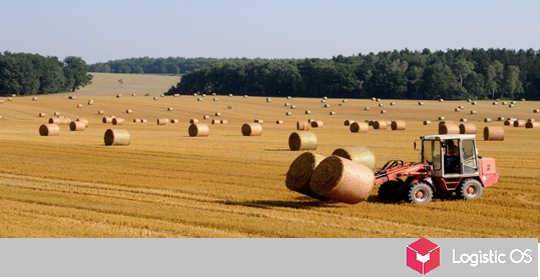According to Rosstat, the rice harvest in 2021 decreased by at least 6% compared to 2020, and as a result amounted to 1 million tons.
This year, the negative trend is likely to continue: it is expected at the level of 960,000 tons.
At the same time, the area under crops is also generally decreasing.
For example, in the Krasnodar Territory — and this is the main rice-growing region of the Russian Federation — in 2020 the area under rice was 127 thousand hectares, in 2021 — 118 thousand hectares, this year — about 92 thousand hectares.
If we talk specifically about this season, then the collapse of the dam at the Fedorovsky hydroelectric complex has become a big problem.
As a result, the volume of rice harvested in the Kuban this time may decrease by 23.5%, which is about 175,000 tons. This was announced by the CEO of the analytical company «ProZerno» Vladimir Petrichenko.
However, there is hope that everything will be fixed by the beginning of the next season, so that in 2023 the sown area and, accordingly, the rice harvest will increase.
In addition, this year, in order to compensate for the poor rice harvest in the Krasnodar Territory, in Dagestan, the second most important rice-growing region of the Russian Federation, the area under crops was increased by 3 thousand hectares and as a result amounted to 30 thousand hectares.
With this in mind, if next year Dagestan maintains its position, there is hope even to break the records of previous years.
Russians are not threatened with rice shortage
As Arkady Zlochevsky, President of the Russian Grain Union, noted, this crop is quite enough for domestic consumption: Russians usually eat about 800,000 tons of rice a year, so 960,000 tons is more than enough.
At the same time, the rest will most likely be used to make stocks. Still, the current harvest is not large enough to seriously talk about exports.
At the same time, it is possible that rice may rise in price, it has already increased in price by about 10%.
And before the onset of the new season, it is hardly worth waiting for a reduction in price. It should be counted on only if the next year is really positive in terms of harvest.
If for someone the price of rice has become “biting”, there is also a way out: you can switch to buckwheat. She, as Zlochevsky noted, over the past 2 seasons has fallen in price by 30%, although traditionally it was even more expensive than rice.
This is due precisely to a good harvest, and in general, the growth trend. Last year, buckwheat harvested 3% more, which amounted to 918 million tons.
In the same year, a record harvest is expected — 2.5 times more than in the 2021 season.

